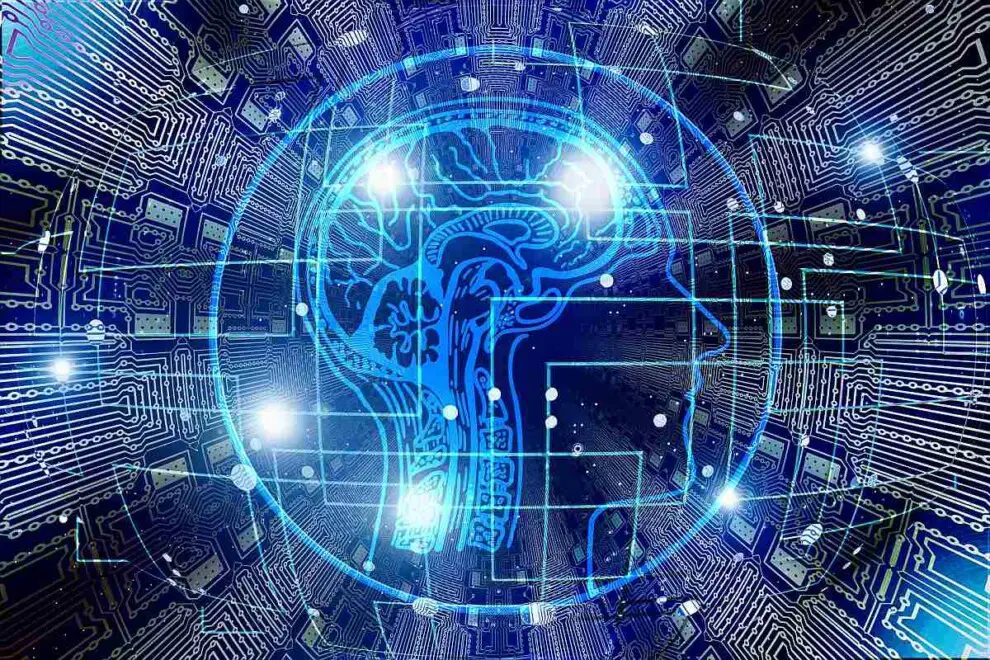Elon Musk is the most ardent futurist of them all, often being touted as the real-life equivalent of the Marvel superhero Iron Man. And just like Iron Man, his exploits span multiple fields, from IT to clean energy to turning humanity into an interplanetary civilization.
Much could be written about what Elon Musk has done in fields involving such things as electric cars, futuristic transport vehicles and mechanisms, and space travel, but that won’t be the focus today. Instead, we will look at one particular area where this prolific entrepreneur has dedicated a significant chunk of his energy: artificial intelligence.
Elon Musk is a majority backer behind two ambitious projects which, though they might seem like they are concerned with different problems, are actually more closely related than one might think upon first consideration: OpenAI and Neuralink.
OpenAI is concerned with the task of democratizing artificial intelligence.
Elon Musk and others who share his school of thought believe that humanity is basically playing with something more dangerous than nuclear weaponry in AI.
While even the most advanced AI today does not possess general intelligence, technology has shown a tendency to grow exponentially, which means that artificial general intelligence (AGI) might not be closer than we think.
OpenAI is trying to guide the development of AI in a direction that ensures it is safe and beneficial to humanity. By making the process open and accessible to everyone, OpenAI seeks to reduce the chances that any individual or group might use AGI for nefarious purposes, to the detriment of all the rest of us.
On the other hand, or if you will, in the same building (Both companies are located in the Pioneer Trunk Factory building in San Francisco, California), there is Neuralink. Neuralink seeks to solve the problem of making sure we are not overtaken by AI in a different way: by integrating AI into our brains. With these ambitious projects, it’s no wonder that Los Angeles IT Support company BCT Consulting has been keeping a close eye on the implications of Musk’s ambitions.
You’re Already a Cyborg and You Don’t Even Know it Yet
It all sounds like the stuff of fiction, and most people certainly thought so when Mr. Musk founded the company in 2016, along with a team of some of the most talented researchers and engineers in the world. However, after a demonstration in 2019 of what the team had come up with over a couple of years of research, many of the naysayers were silenced.
In July of 2019, Neuralink held a presentation at the California Academy of the Sciences. The presentation was live-streamed on YouTube, so the audience certainly numbered in the millions.
During that presentation, Elon Musk and his group of researchers showed how humans can become true cyborgs.
The idea is fairly simple, the Neuralink device will be in the form of a proprietary chip with electrodes extending via small threads that are thinner than hair strands. A specialized robot that the group designed would then insert these threads into the brain, where they would be able to record the firing of groups of neurons, as well as read and write into them.
The robot can attach these threads very accurately, deftly avoiding any vital arteries that would lead to brain damage if they got brushed the wrong way. Something that human hands would have a very difficult time doing.
Neuralink is yet to apply for FDA approval, but Musk thinks human trials are likely to begin later this year. In the beginning, the chip will solve problems pertaining to brain damage, such as treating epilepsy, restoring sight, and making it possible for people with motor neuron disease to regain control of their muscles.
Eventually, however, in the space of a decade according to Mr. Musk’s estimation, this chip will enable humans to not only be able to interface with software and hardware faster and more efficiently, enabling them to exponentially grow their knowledge and cognitive skills, but also with each other. On his latest appearance on the popular podcast ‘The Joe Rogan Experience’, Elon speculated about a future where people didn’t even need to talk because they could just beam their thoughts at each other.
An Exciting Future
Neuralink promises an exciting future if it becomes a successful project. There are still skeptics, and many of them have valid criticisms. However, even if this ambitious project fails, it is likely to inspire numerous similar ones, and its champions should certainly be celebrated for trying, if for nothing else.




